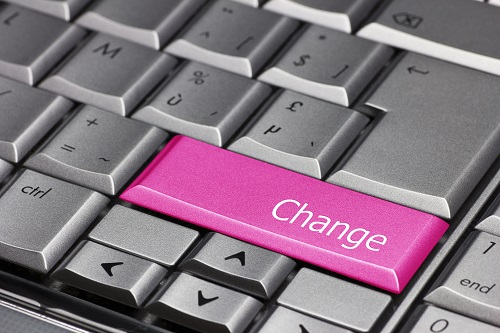
Overcoming Personal Struggles
Substance abuse is an overwhelming problem in this country. Untold numbers of people are addicted to illicit substances, including everything from heroin to prescription pain medication. Most abusers start out just trying to achieve a short-term impact, such as coping with a difficult day or having fun at a party.
But in time, those who use the more powerful substances end up addicted and soon find themselves using almost constantly. The episodic start has led to a continuous craving for the drug, and it can destroy the user’s life.
Somewhere along the way, the user may seek help. It could have been spurred by an intervention, or maybe the user had a rock-bottom moment that triggered the realization that something had to change.
Treatment varies in focus. For intravenous opiate users, such as heroin addicts, there is a significant demand for inpatient medical care as the body suffers withdrawal, followed by inpatient rehabilitation care to prevent resumption of the habit. Other problems don’t require the medical element but still call for inpatient therapy. Still others can be overcome with periodic treatment in outpatient facilities.
Whatever form of treatment is necessary, it has likely been sought in a moment brought on by one or more of the most common complications of addiction.
Strained Relationships
Addicts frequently put their friends and families in ultimatum-type situations. Once they recognize the addiction, the loved one must tolerate the user’s addiction–possibly even enabling it – in order to stay in the addict’s life. The fear of letting the person go and risking the loss of the relationship forces many to follow the latter course and further exacerbate the addiction.
Only at the point of crisis can a step such as an intervention take place, getting the addict into treatment. Many of the people who started down a path of treatment through www.sandysplace.com have reached that point with the help of others.
Personal Struggles
For many users, every day is a fog of muddling through daily necessities and then finding a way to use their chosen substance. In a window of clarity, many users are able to reflect on their situation and realize that they no longer wish to keep up the cycle, and they set about finding treatment.
If a strong support system exists and there are options for treatment, these addicts can be very successful. It’s well-known that no amount of begging, nagging, or manipulating will make treatment successful if the addict does not want to change, so a thirst for change that comes from within is the most likely one to work.
Legal Involvement
Because it’s illegal to become intoxicated on any substance, legal or otherwise, most addicts have run-ins with the law. Many times they involve simple misdemeanor charges for possessing small quantities, or public intoxication charges that often lead to nothing but a ride home to a responsible party.
But eventually, those small charges can add up. And because many drug users become drug dealers to fund their habits, the violations can become more serious.
A lucky user will not end up in prison but could be sent to court-ordered rehab. Many states now have special programs designed to be more curative than punitive, with the idea that overcrowded prisons don’t need additional inmates, and that addicts really don’t need to be indoctrinated into criminals.
Addictions ruin lives. Sadly, they often end lives. But there are ways to treat and cure addicts so that they can resume normal, productive lives. There are many paths to that destination, but once it’s reached, a full recovery is possible.
Photo by Jurgenfr | Shutterstock
Recommended
-
The Power Of Saying “No” W...March 22nd, 2024
-
Is It Time To Change Your Rela...March 20th, 2024
-
What’s Your Legacy?December 18th, 2023
-
Be Here Now—Two Easy StepsSeptember 19th, 2023
-
16 Questions To Ask Yourself T...May 16th, 2023















